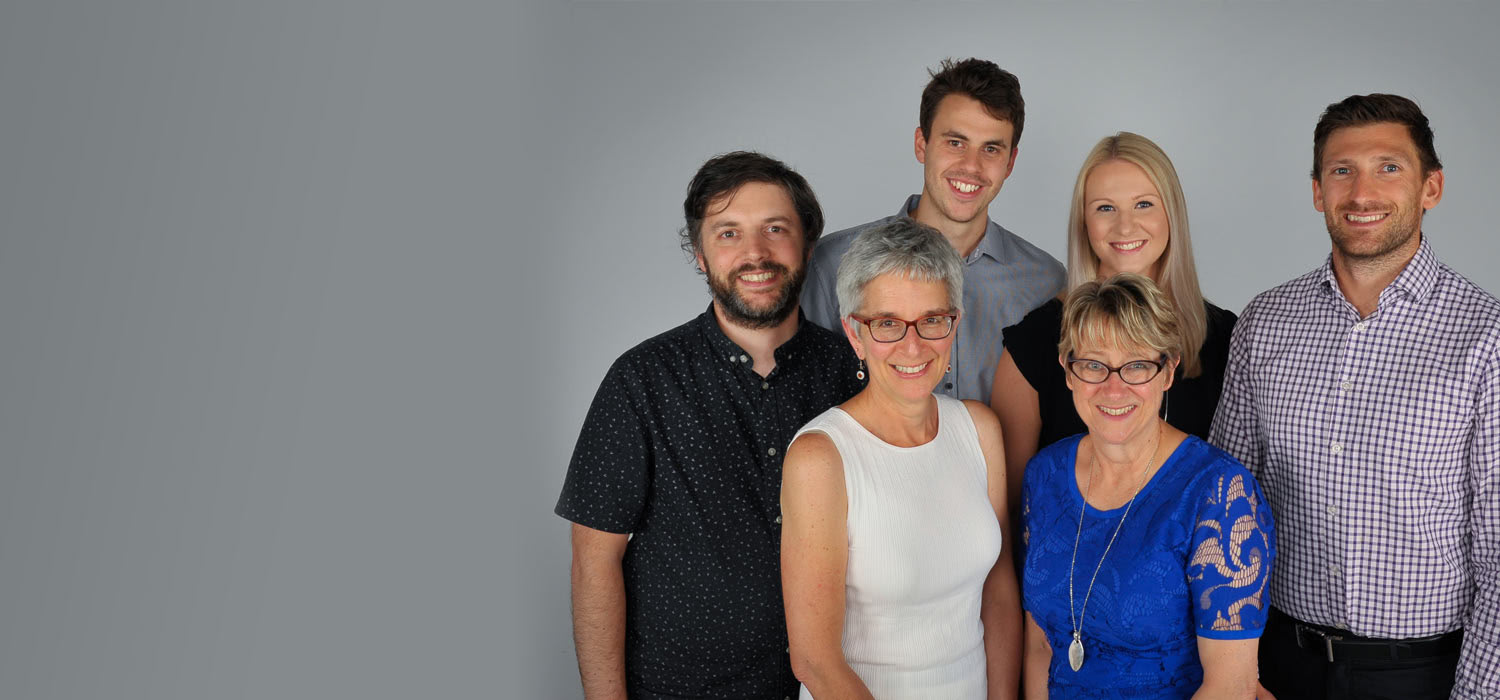
Insights into kids' world
What do New Zealand children see and experience in their world? An innovative research method is helping researchers find out.
The Kids'Cam study, led by Professor Louise Signal (Public Health, University of Otago, Wellington) used automated wearable cameras and GPS units to discover significant insights into children's' lives.
168 children aged 11–13 took part in the study, wearing the devices which recorded photos every seven seconds and locations every five seconds over four days. The children were randomly selected from 16 schools in the Wellington region.
“Our research found, among other things, that New Zealand children were exposed to 27 junk food ads a day, alcohol marketing nearly every time they visited a supermarket, that many are not sufficiently protected from the sun at school and most spend most of their time within 500 metres of home,” says Signal.
"It is important that children's perspectives are considered in decisions about their world: often they are best placed to inform adults. Also New Zealand is obligated to consider children's views under the United Nations Convention on the Rights of the Child."
“Working with the children was a privilege and they were wonderful researchers.”
Kids'Cam data analyses have been occurring since 2015 and include studies on other aspects of the children's world, including exposure to smoking and gambling, and their use of “green” space and screens. A parallel study has also been completed with children in Tonga.
The research was led by UOW researchers in collaboration with the University of Auckland, and funded by the Health Research Council.